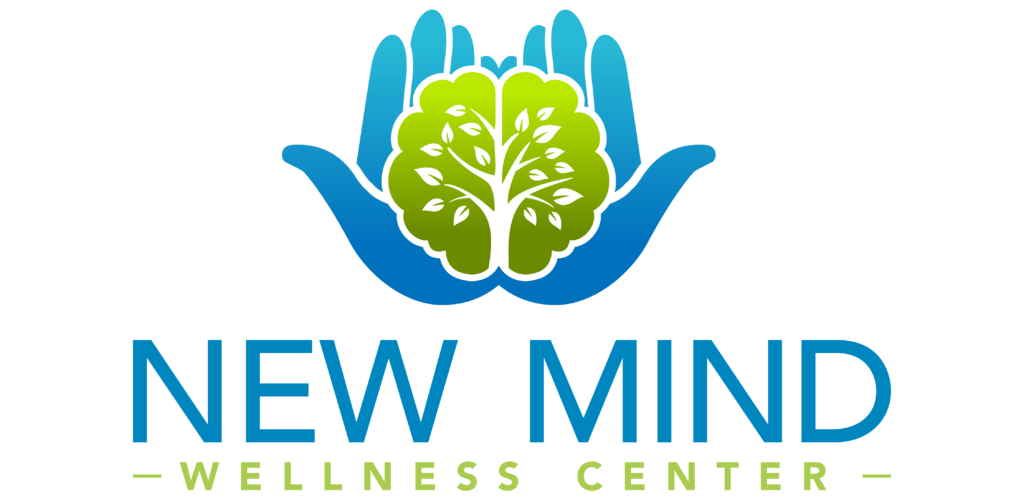
Psych Ward vs Mental Hospital: What’s The Difference?
When you familiarize yourself with the similarities and differences between a psych ward vs. mental hospital, you will be ready to make informed decisions for yourself or on behalf of a loved one, should the need arise. Mental health treatment can involve a broad scope of services and may occur in several environments.
To learn more about mental health recovery options in Philadelphia, call us today or verify your insurance online. We look forward to helping you get started on your personal recovery journey.

Psych Ward vs. Mental Hospital
Psych wards and mental hospitals serve the same general purpose, but there are some important distinctions between the two.
Similarities
Similarities between psych wards and mental hospitals include:
- Both environments can provide age-appropriate mental health services for individuals who are in crisis.
- Both are safe and supportive places where people can receive focused care from teams of experienced professionals.
- Patients in both types of treatment environments can make substantial progress toward improved functioning and better quality of life.
- Both psych wards and mental hospitals may accept public and private insurance.
Differences
Key differences between psych ward vs. mental hospital include:
- Psych wards are part of hospitals that also treat medical and neurological conditions. Mental hospitals are designed solely to treat people who have been experiencing mental health concerns.
- Psych wards typically only offer intensive, short-term care to stabilize people who have been experiencing particularly acute symptoms. Mental hospitals often offer an array of programming options, including inpatient and residential treatment as well as multiple outpatient services.
- A person’s time in a psych ward will typically be brief. Depending on which types of services a person receives at a mental hospital, they may be able to remain in treatment for several weeks or even months.
Mental Hospital Treatment Options
As we alluded to in the previous section, one aspect that sets mental hospitals apart from psych wards is continuum of care. Depending on how a mental hospital is set up, you may be able to receive care at one, several, or all of the following levels.
Inpatient/Residential Care
At the inpatient and residential levels, you will live at the center where you are receiving care. This means you won’t have to deal with the stresses and distractions of everyday life, so you can focus your full attention on your treatment.
Inpatient treatment is typically a short-term experience, similar to what occurs in a psych ward vs mental hospital setting, with the goal of helping you achieve stabilization.
Residential care offers longer lengths of stay, so you have the time and guidance you need to learn how to manage your symptoms and make other beneficial lifestyle changes.
Both levels of care feature individualized daily schedules, nutritious meals, and round-the-clock supervision. Services may include medication management; individual, group, and family therapy sessions; experiential therapies; and therapeutic recreation or leisure activities.
Partial Hospitalization Program (PHP)
Partial Hospitalization Programs can be ideal for people who can benefit from full days of treatment, but whose symptoms aren’t severe enough to warrant round-the-clock care.
While you’re in a PHP, your treatment schedule will be similar to what occurs at the residential level. Depending on your needs and the parameters of the program you’re enrolled in, your care will likely include multiple types of therapy and support services.
The main difference between a PHP and a residential program is what happens when treatment isn’t in session.
PHPs do not have a residential component, so in the evenings and on the weekends, you can return to your home or to an alternative supported residence. This gives you opportunities to practice your newly developed skills in a non-clinical environment, while still providing you with substantial professional support.
Intensive Outpatient Program (IOP)
When you’re in an intensive outpatient program, you will usually participate in partial days of treatment a few days each week. Some centers also offer virtual IOPs, so patients can attend online sessions from the safety and comfort of home.
Group therapy is usually the main form of care at the IOP level, though other elements such as individual therapy and skills development sessions may also be included in your treatment plan.
Unlike the more intensive settings of a psych ward vs mental hospital, the IOP schedule at New Mind Wellness allows you additional free time, so you may be able to work part-time, take a class, volunteer, or otherwise begin to transition back to a fully independent lifestyle.
Outpatient Rehab (OP)
Outpatient rehab offers the greatest flexibility, and can be an essential component of your long-term support plan. At this level of care, you will usually take part in one or two sessions per week. Your schedule may include individual therapy, group therapy, or both.
Individual sessions are ideal environments for discussing issues you may be hesitant to bring up in a group setting, while groups provide excellent opportunities to learn from and share support with others who have been dealing with similar challenges.

How to Choose a Mental Hospital
You understand the difference between a psych ward vs. a mental hospital. You’ve reviewed the range of treatment options that mental hospitals provide. But with so many choices, how can you find the place that’s best for you?
When you are evaluating treatment centers, getting answers to the following types of questions can help you make the right decision:
- What levels of care and types of therapy does your hospital offer?
- How will you determine which programs and services are right for me?
- How long will I need to remain in treatment – and how will you make that decision?
- What are the qualifications of the people who will be providing my care?
- How do you ensure patient safety and privacy?
- Can you describe what a typical day or week is like for a patient at your hospital?
- How do you define success for your patients?
- What type of discharge planning or aftercare support services do you provide?
- Does your center accept my insurance?
Remember: No mental hospital, level of care, or type of treatment is ideal for everyone. An approach that helps one person make tremendous progress may have little value to another. When you are evaluating your options, focus on finding the provider whose services and treatment philosophy align with your unique needs, goals, and expectations.
Find Mental Health Treatment Near Philadelphia
New Mind Wellness Center is a trusted provider of personalized outpatient care for people whose lives have been disrupted by anxiety, depression, bipolar disorder, and other mental health challenges.
When you choose our outpatient treatment center near Philadelphia, you can expect to receive customized care and close personal support from a team of dedicated and compassionate professionals. We understand the many ways that mental illness can undermine your life, and we’re committed to helping you find your path toward a much healthier and more hopeful future.
To learn more about how we can help you or a loved one, or to schedule a free assessment, please visit our admissions page or call us today.




